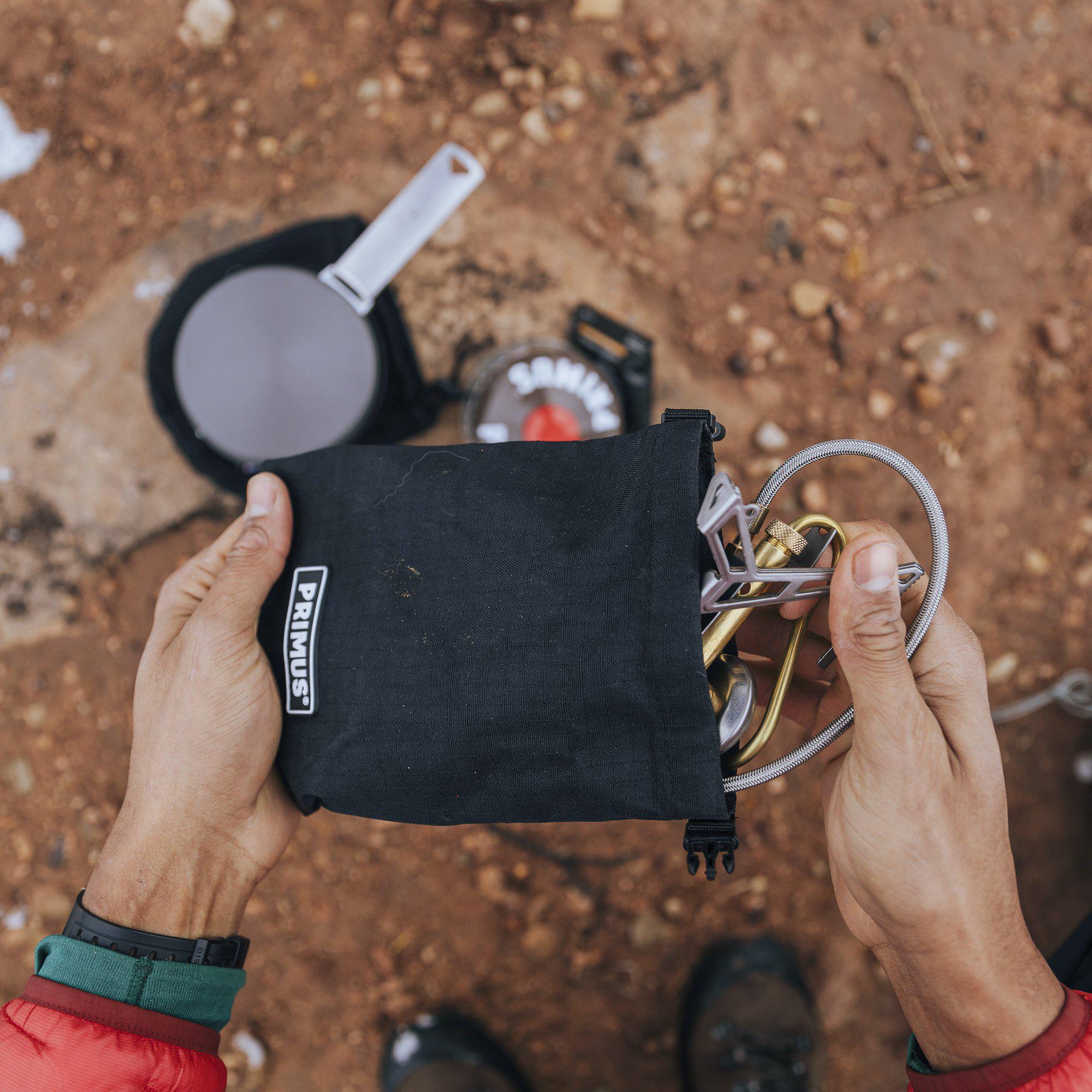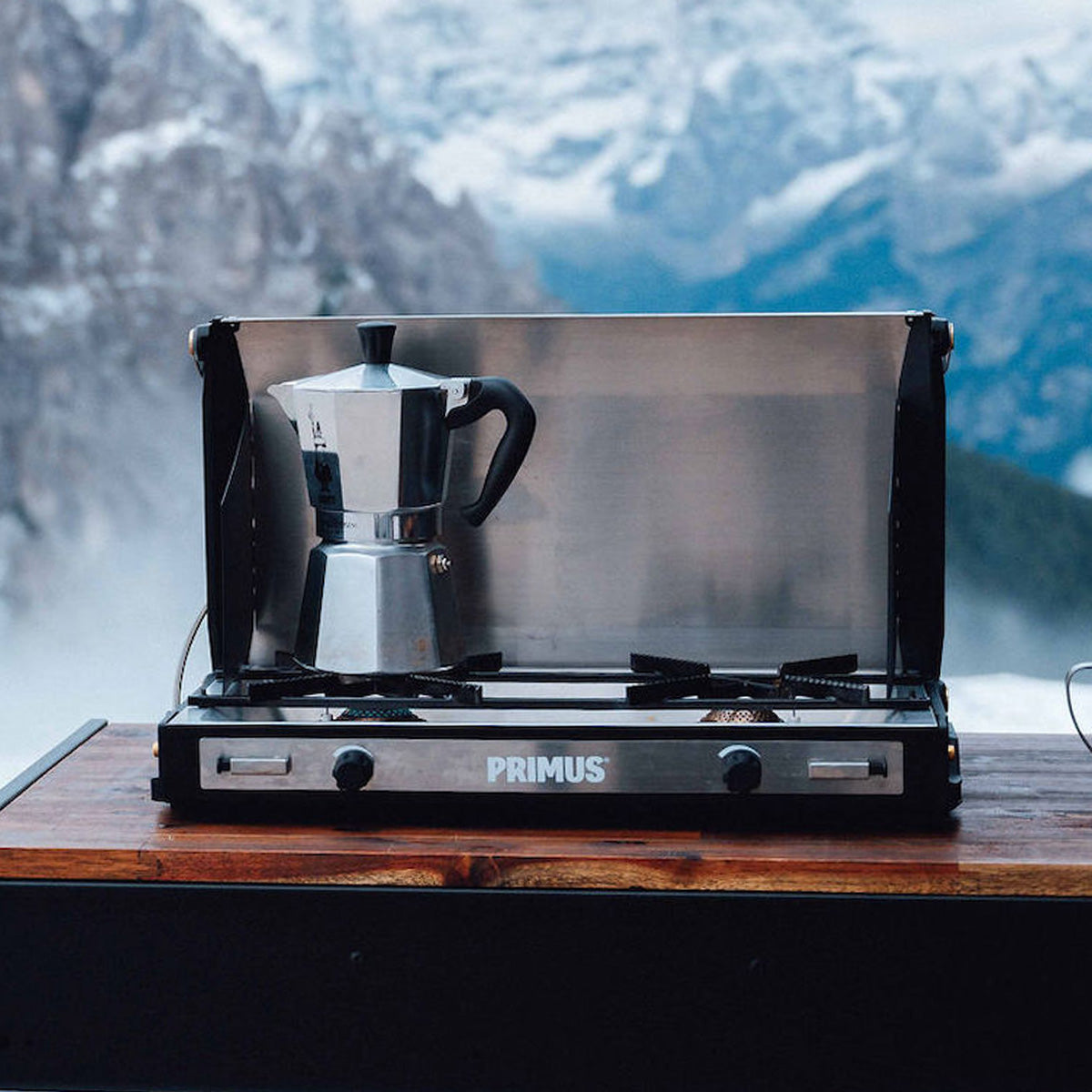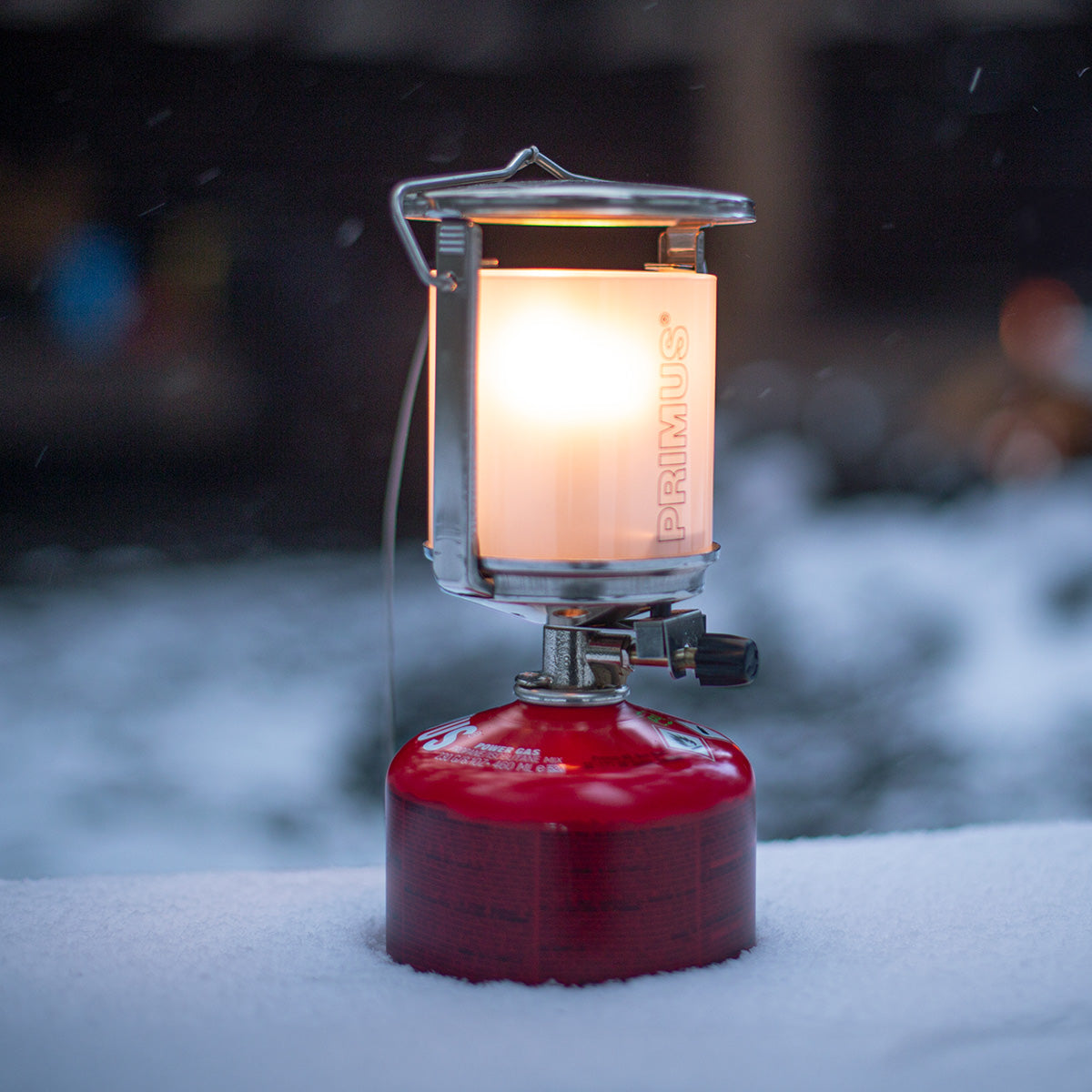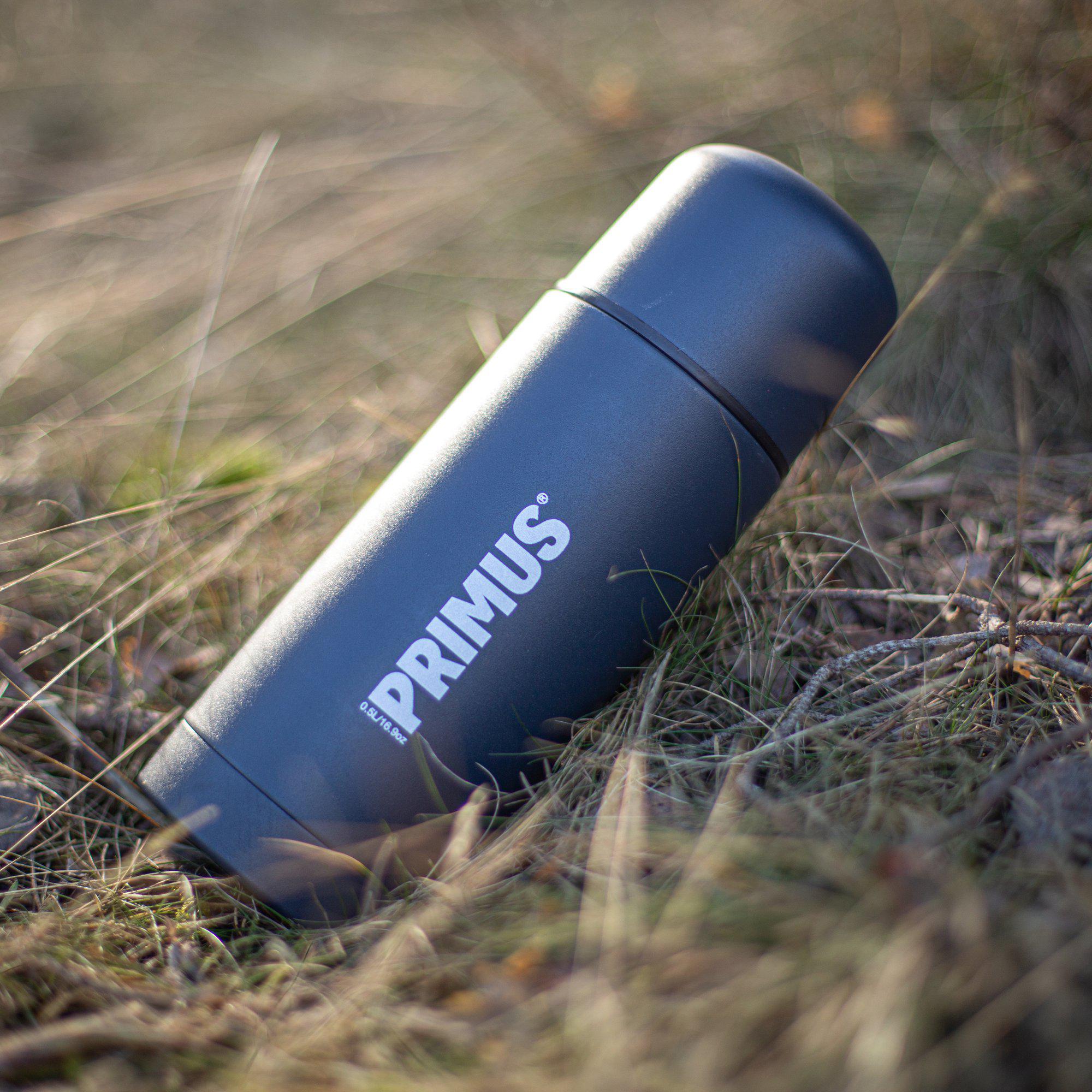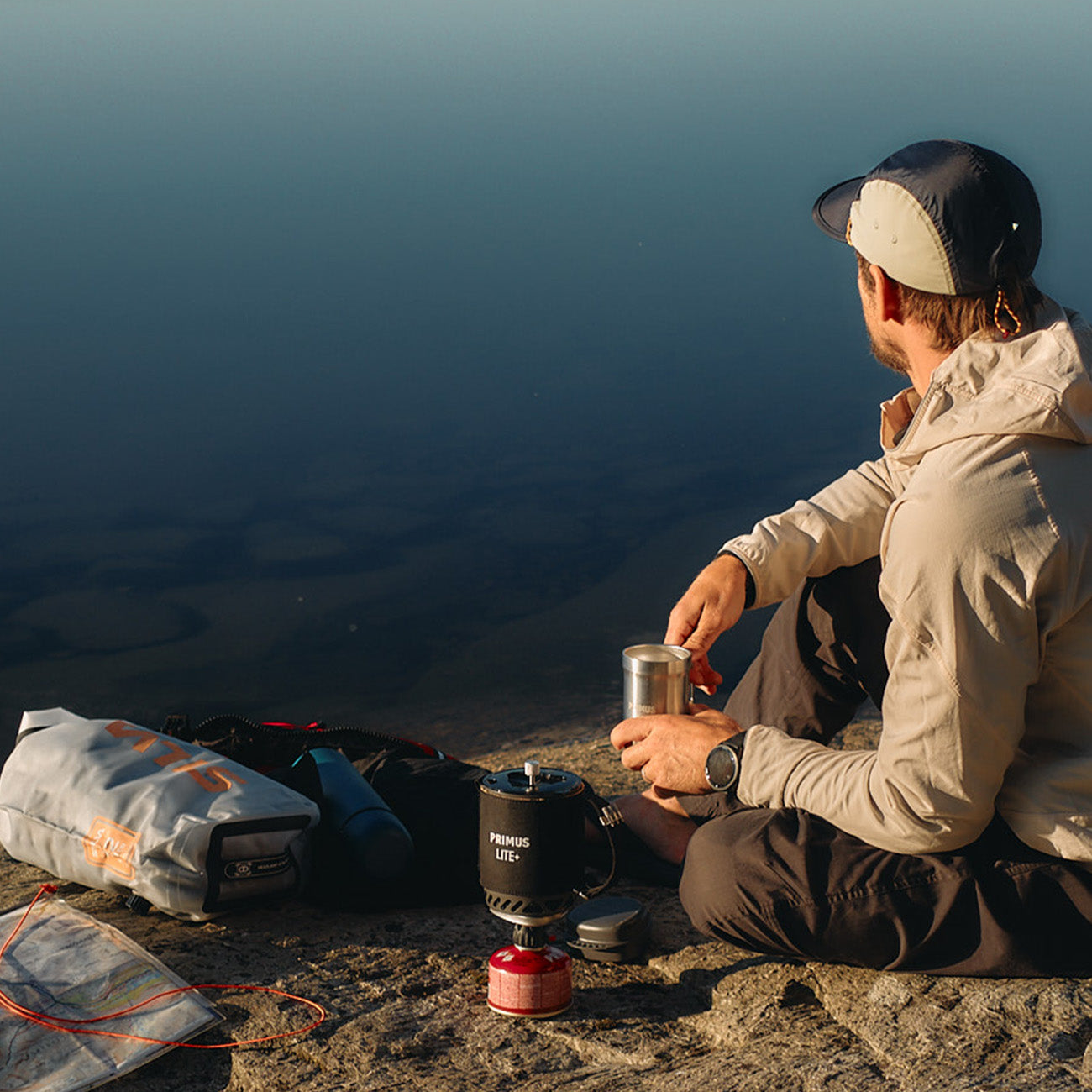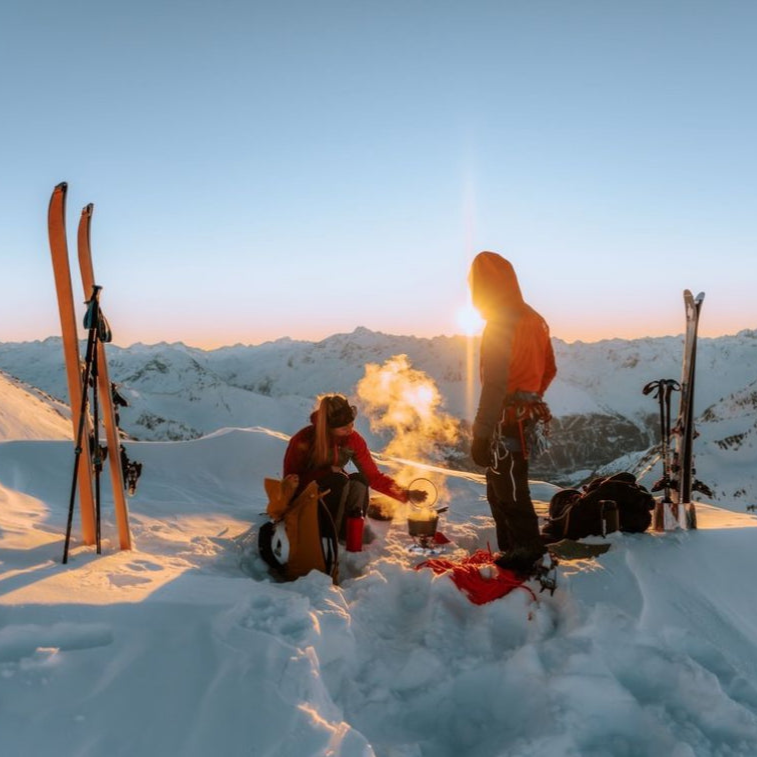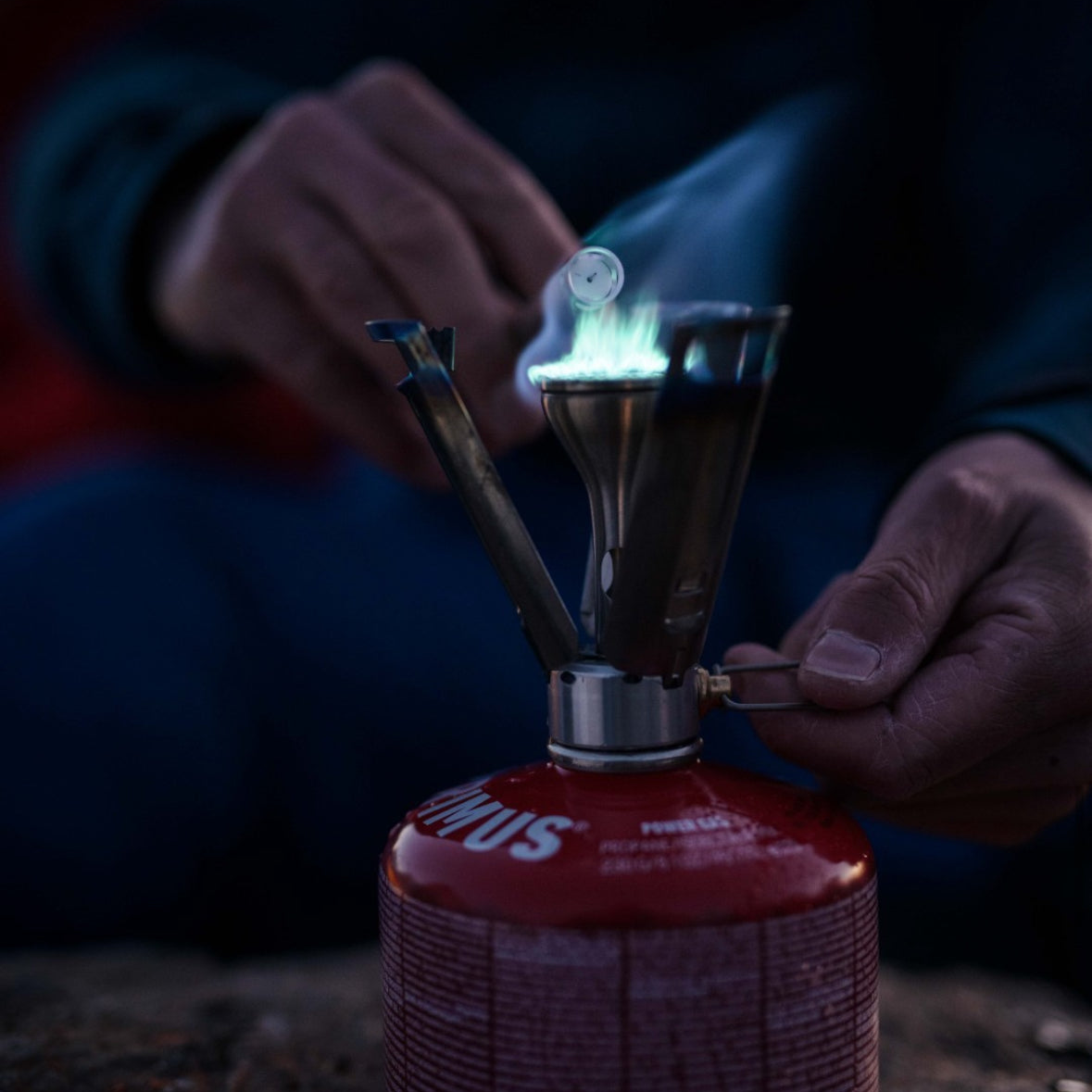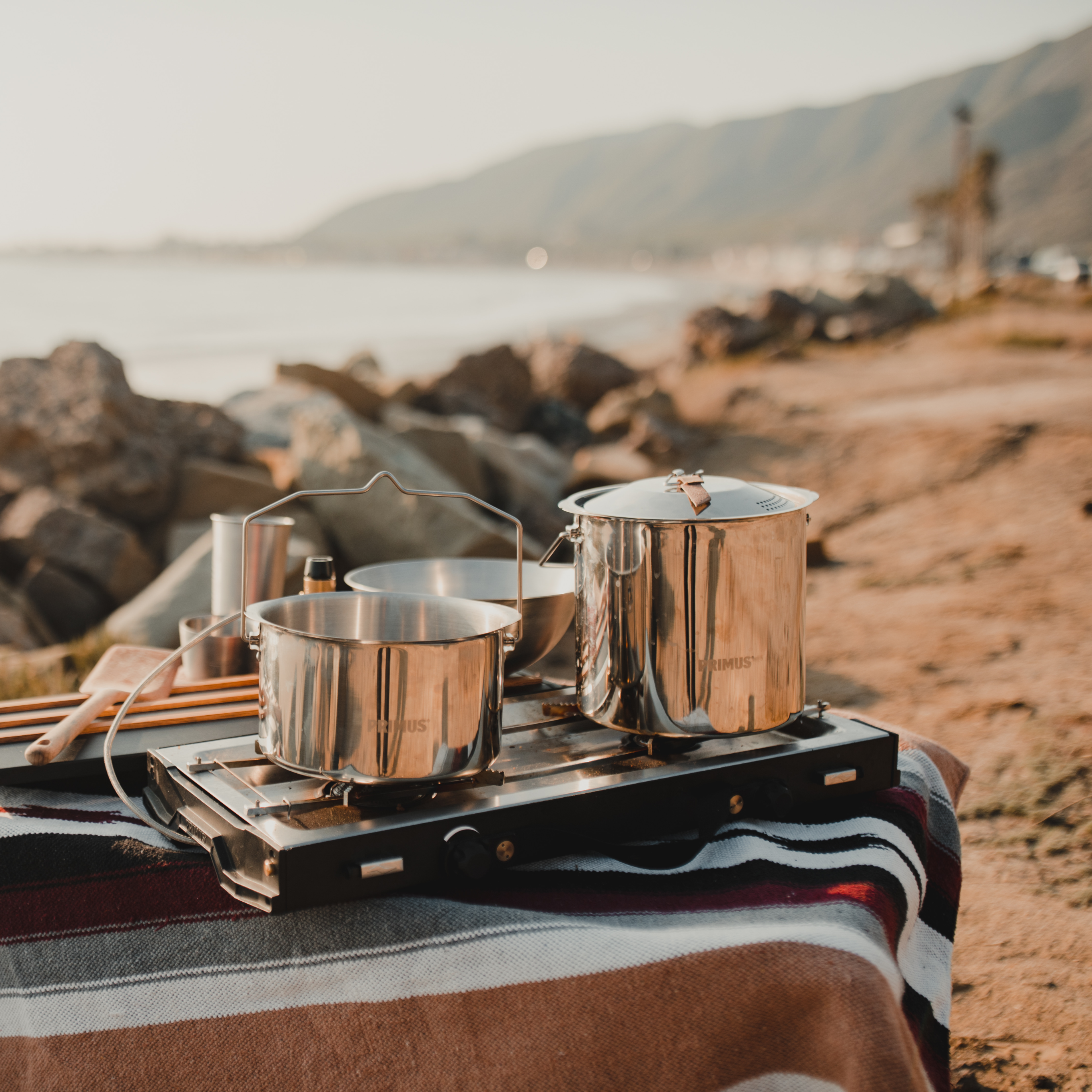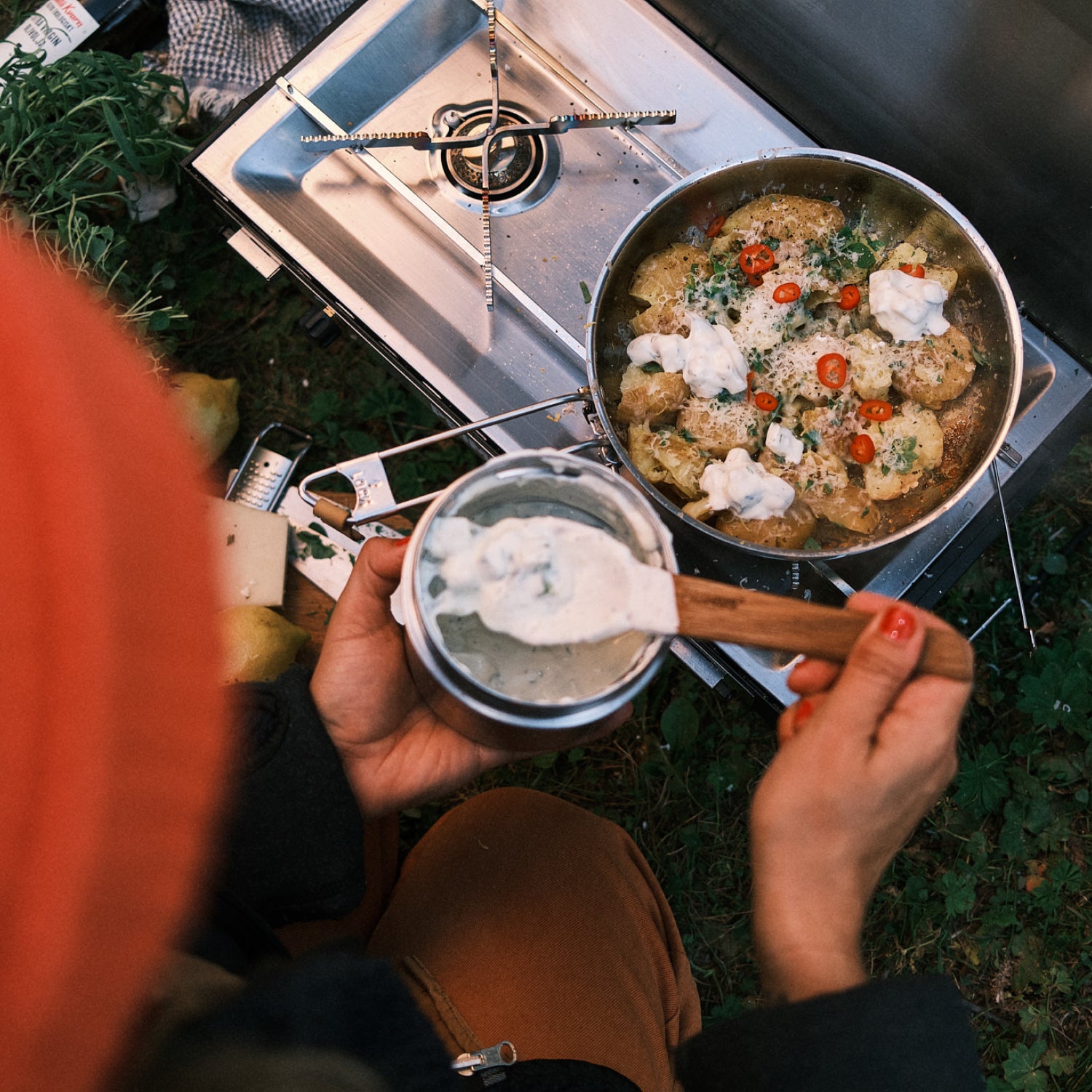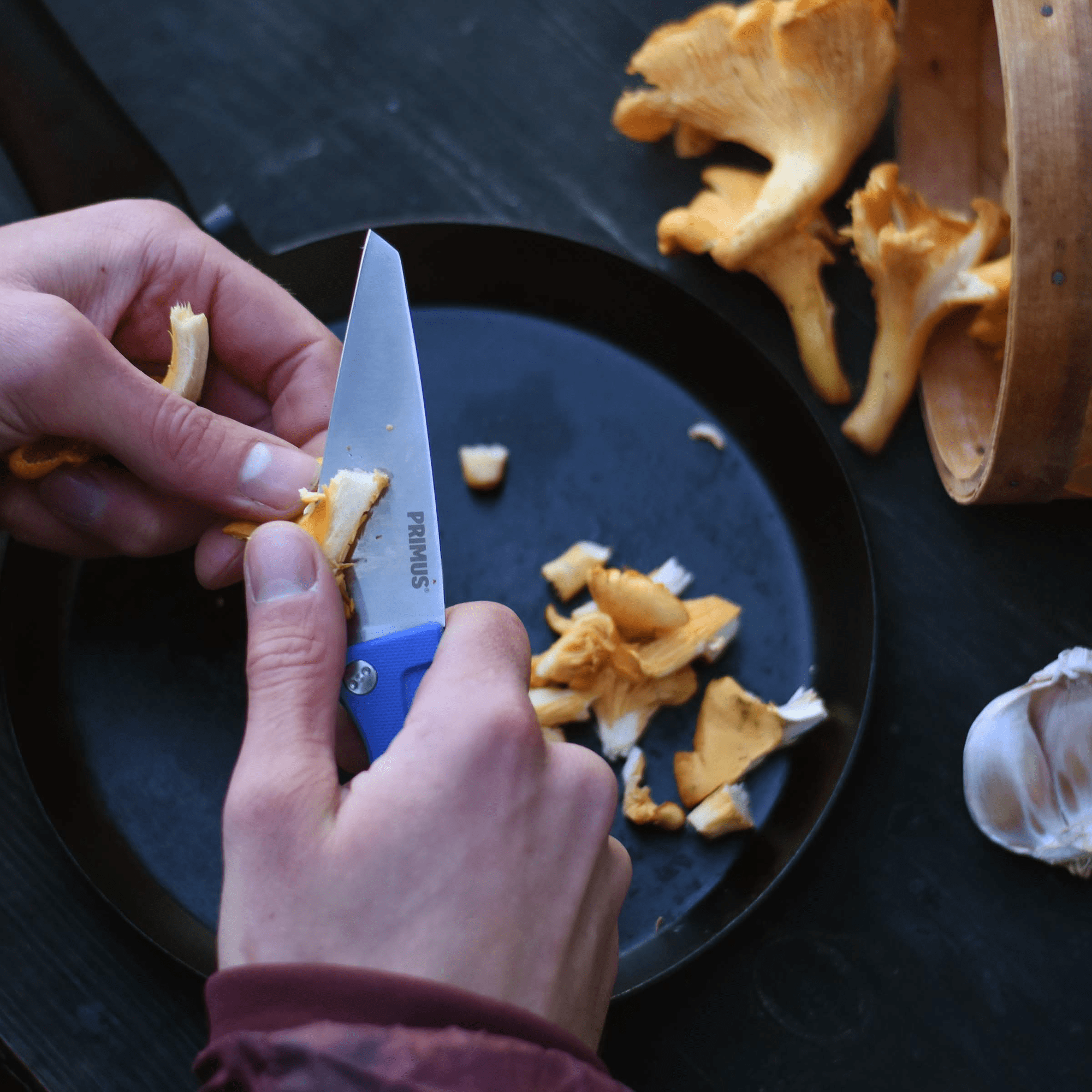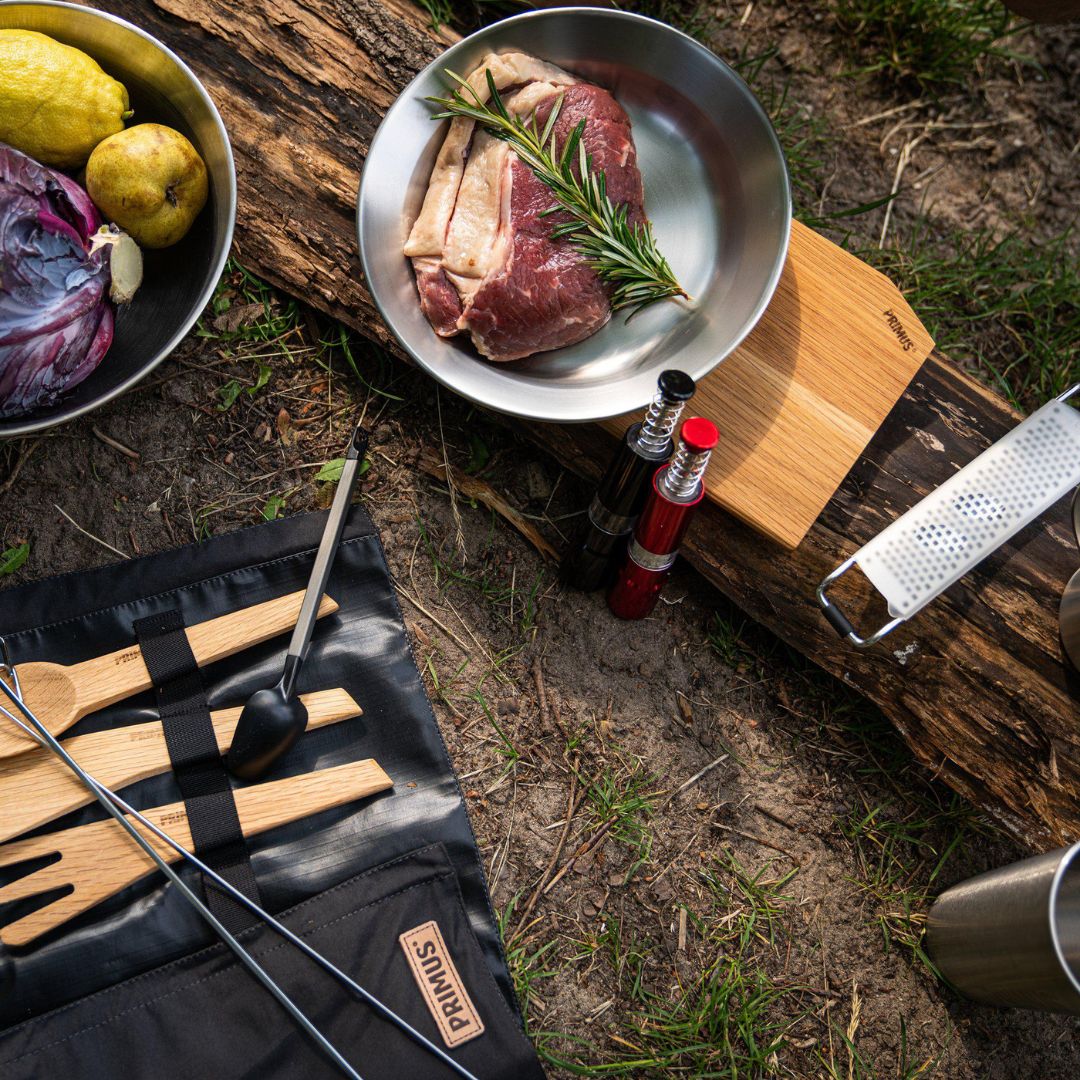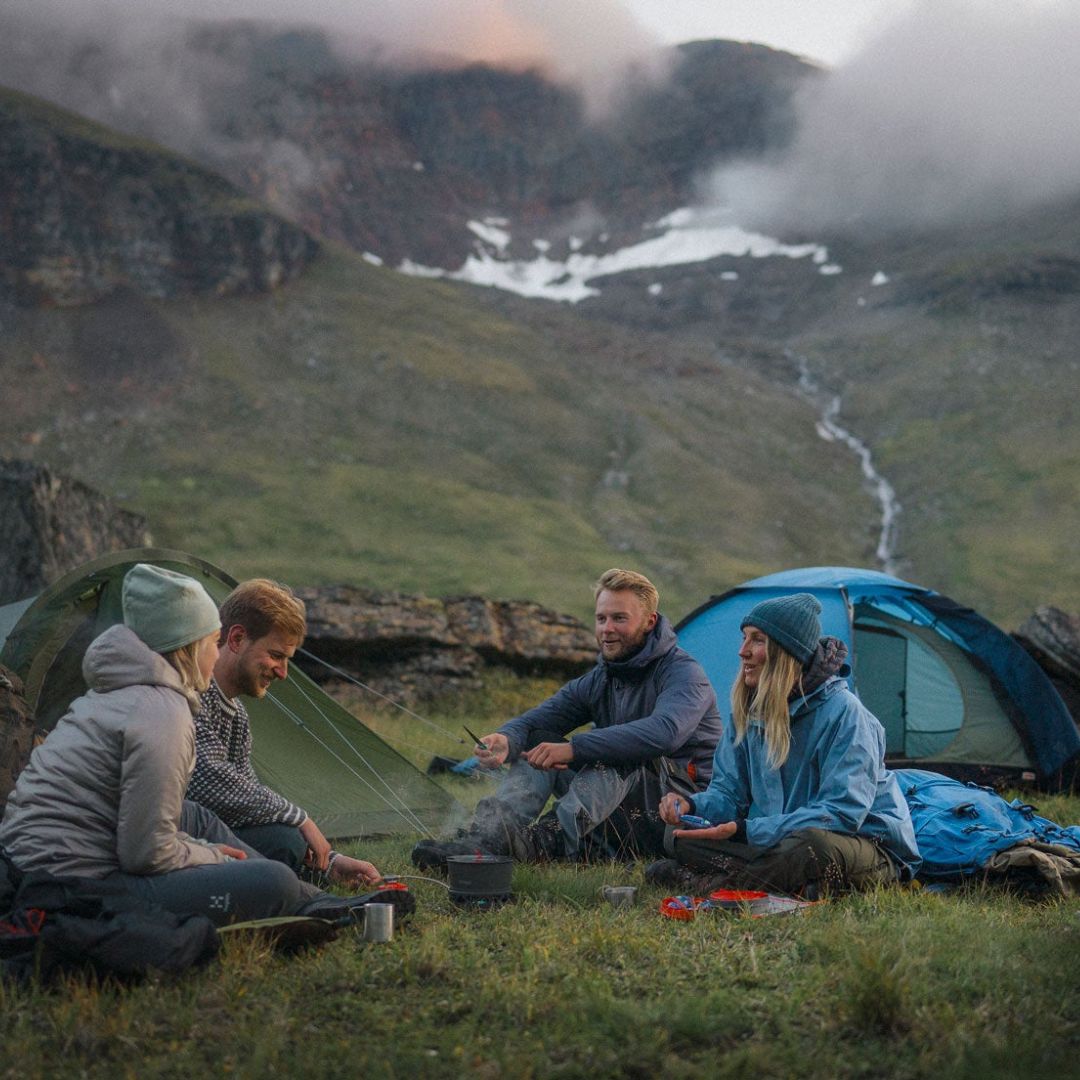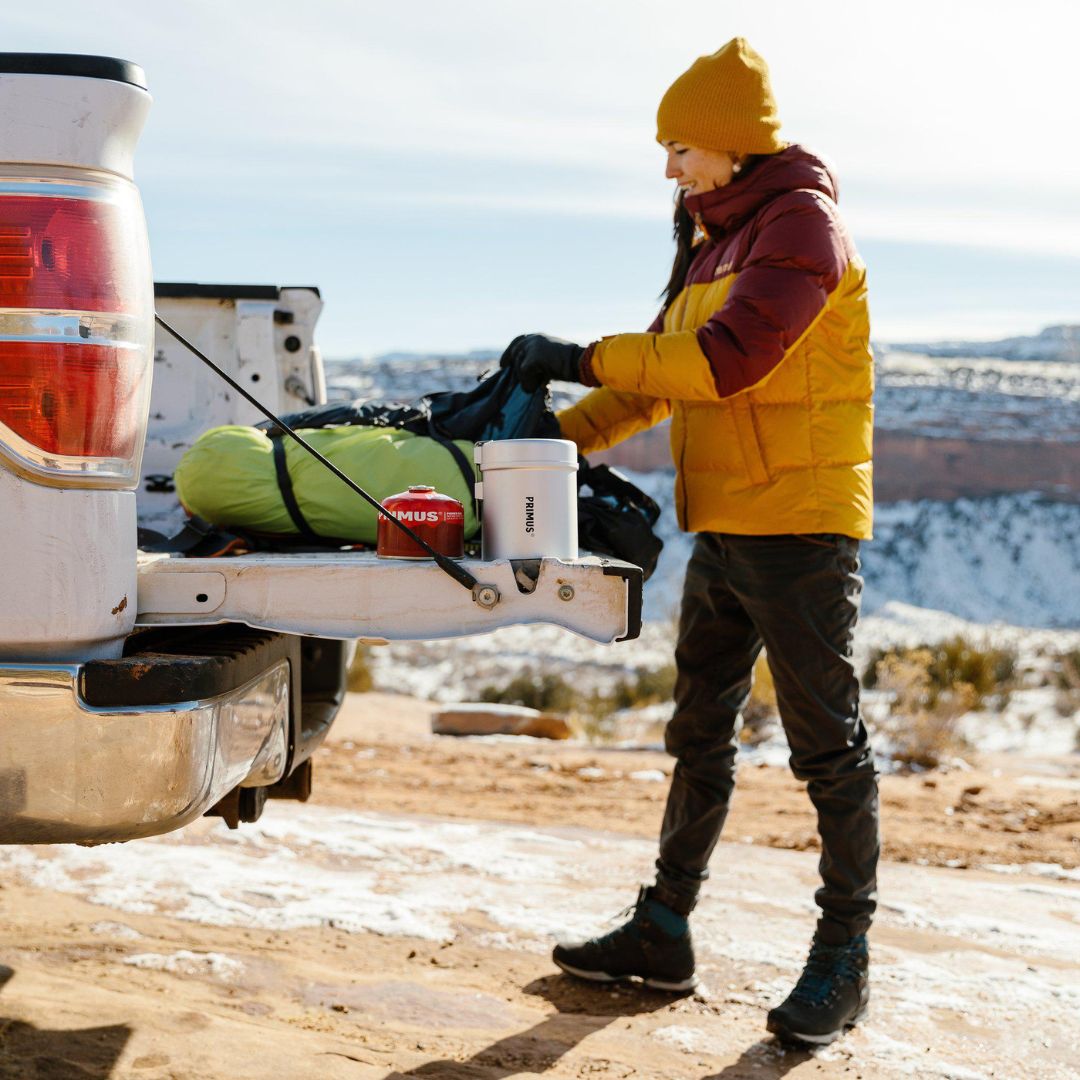Smart food for your adventure
Cooking outdoors can be done in many ways: Maybe you're going on a picnic and want to prepare everything at home to enjoy the outdoors without any fuss, or you rather like to cook a whole meal in open nature.
Wraps, stuffed pancakes or sandwiches are great examples of smart food that you can prepare at home and bring with you on your adventure. However, if you're going on a longer hike where you have to carry all your gear and don't have access to refrigeration, there are various tricks you can use.
Dried food is generally good for several reasons: To reduce weight, avoid having to think about refrigeration and, last but not least, as a way for you to monitor that you are getting enough energy.
You can dry both fruit and vegetables yourself – just slice them thinly and place them on an oven tray. Now warm them up in the oven at 50°C until they are completely dry. Root vegetables and cabbage need to be pre-soaked for about 4 minutes before drying. Once you have dried your vegetables, you can also pack them in portions for even more convenient outdoor cooking.
Tip: Before cooking outdoors, the dried ingredients need to be soaked in water for about 20 minutes. Legumes, lentils, and beans are convenient dried ingredients as they take up much less space before cooking.


